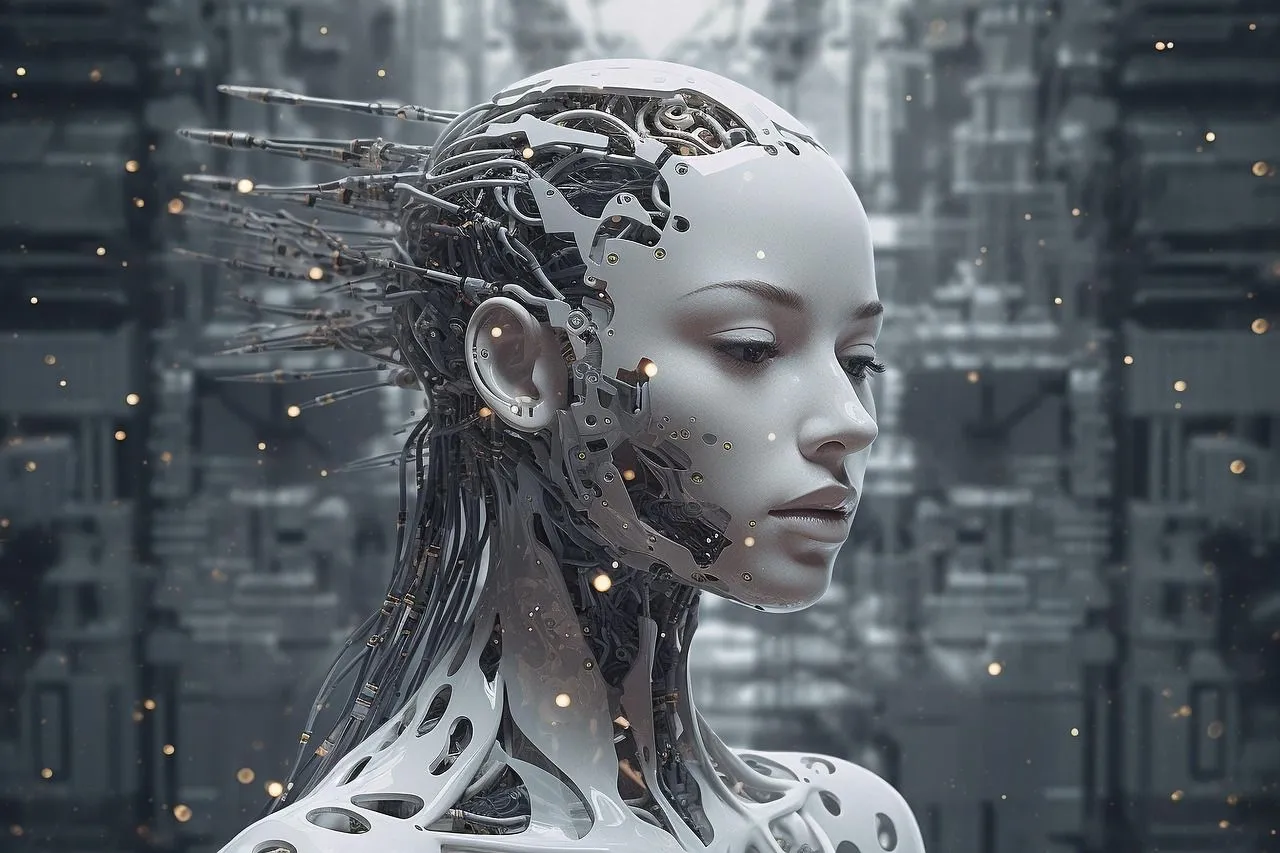
Now is the era of artificial intelligence, not all coders are created equal.
While countless software engineers quietly contribute to digital infrastructure, few are soaring into an atmosphere of fame and fortune usually reserved for hedge fund titans.
Welcome to the era of the “superstar coder” a class of elite machine-learning experts who are changing the face of tech, and in the process, pulling away from the rest of the pack.
One such name is Lucas Beyer, and if you’ve never heard of him, that’s exactly the point. He isn’t a pop culture celebrity, but within the secretive, fiercely competitive world of machine learning, he might as well be. A former researcher at OpenAI, the lab behind ChatGPT.
Beyer recently announced he was leaving the organization to join Meta, a tech giant with its own colossal AI ambitions.
The move sent shockwaves through Silicon Valley not just because of who he is, but because of the dollar signs that came with the announcement. Rumors swirled that Mark Zuckerberg had been offering upwards of $100 million to snatch up top AI talent.
Beyer, perhaps uncomfortable with the speculation, issued a clarification, he hadn’t secured a nine-figure deal. But the fact that he even had to say it, that such an offer wasn’t unthinkable, reveals just how intense and surreal the competition for AI minds has become.
What we’re witnessing now is not merely a hiring spree. It’s a technological gold rush, and the gold is talent. For the very best in AI those who can architect large language models, optimize neural nets, or push the bleeding edge of reinforcement learning.
money has become almost no object. Firms are handing out lavish offers with salaries, equity, and perks so generous they would make Wall Street envious.
This isn't just about talent acquisition, it's about survival. The next frontier of AI development will decide who dominates not just tech, but everything it touches: healthcare, finance, entertainment, even geopolitics.
The Zuckerbergs, Musks, Nadellas, and Pichais of the world understand that a handful of brilliant individuals could tip the scale of the global power dynamic.
But while a few are cashing in, most coders aren’t. Beneath the elite layer of AI scientists lies a much larger pool of software engineers smart, hardworking, and often underappreciated. Many of them now find themselves asking, Where is my seat at the table?
This growing disparity is creating a two-tier tech world. One where a handful of AI wizards can write their own checks, and the rest are left behind, facing stagnating wages and job insecurity as automation slowly creeps into their own roles. The rise of generative AI ironically, a product of the same elite brains is threatening to replace the very engineers who helped build today’s digital world.
This isn’t just a workplace issue. It’s a cultural shift. The coding profession, once seen as a guaranteed ticket to middle-class stability and social mobility, is starting to fracture. The dream is being rewritten, and not everyone is making the cut.
We’re headed for a world where talent becomes capital. Where your value isn’t just your résumé, but your capacity to create algorithms that shift billion-dollar markets. In such a world, the hiring game isn’t about credentials, it’s about potential and breakthroughs. Universities, startups, and governments will all scramble to nurture the next AI savant, knowing full well they might one day be worth more than an oil field.
At the same time, there’s a danger in placing too much power into the hands of too few. With AI’s implications stretching into ethics, politics, and human rights, society must ask: Should these decisions be concentrated among a small group of coders in Palo Alto or Zurich? The tech elite may be brilliant, but unchecked brilliance can become blindness.